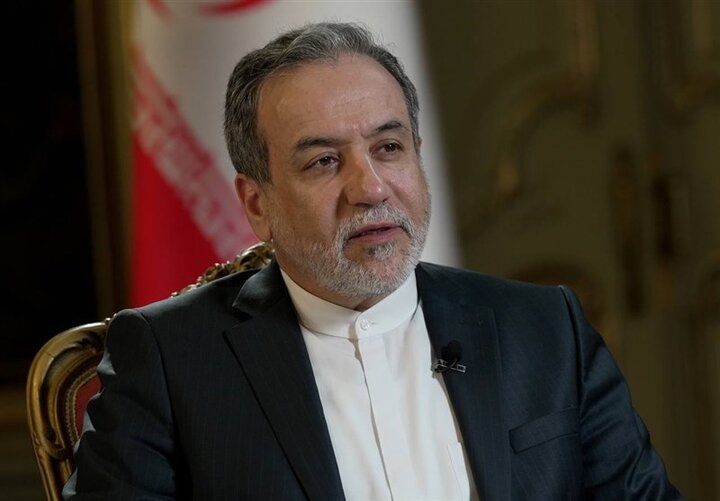Iran FM: No Formal Ceasefire with Israel, hostilities could resume

Tehran: Iranian Foreign Minister Abbas Araghchi clarified in a recent interview with the Iranian Student News Agency that there is no formal ceasefire between Iran and Israel, despite the recent halt in hostilities.
“The aggression has stopped, and so has our defense — but there is no official agreement,” Araghchi stated. “They asked for the attacks to stop without conditions, and we agreed. But this does not mean peace; everything could resume at any time.”
Araghchi warned that the absence of a formal truce means tensions could reignite, adding, “It’s not only Iran that should be concerned — this remains a volatile situation.”
Araghchi reaffirmed Iran’s commitment to its nuclear program, claiming that uranium enrichment—especially to levels above 20%—was essential for the country’s healthcare sector. He also downplayed the long-term impact of recent strikes on Iranian facilities, saying that Iran retains both the knowledge and resources to restore its nuclear capabilities.
“Many centrifuges were lost in Fordow and Natanz during Operation Rising Lion,” he admitted, “but the buildings have been rebuilt, and our scientists are already working on replacing the damaged systems.”
Addressing Iran’s diplomatic position, Araghchi criticized the role of European negotiators, stating that their inability to lift sanctions made further talks pointless—unless it was to avoid the so-called “trigger mechanism,” a clause in the 2015 nuclear deal that could lead to the reimposition of UN sanctions.
“The Europeans have no real leverage. If they activate the trigger, the talks are over, and they’ll have no role in future negotiations,” he said.
On U.S. relations, Araghchi repeated earlier demands that financial compensation be a prerequisite for reengaging with Washington, echoing prior comments made to the Financial Times.
“We can’t just return to the table as if nothing happened. The U.S. attacks caused severe damage to our nuclear infrastructure, and many lives were lost. This has fundamentally changed the situation.”
Araghchi concluded by saying that future negotiations would be more difficult and conditional, warning that military pressure had only complicated the diplomatic path.
Read More News On
Catch all the Business News, Breaking News Event and Latest News Updates on The BOL News
Download The BOL News App to get the Daily News Update & Live News.